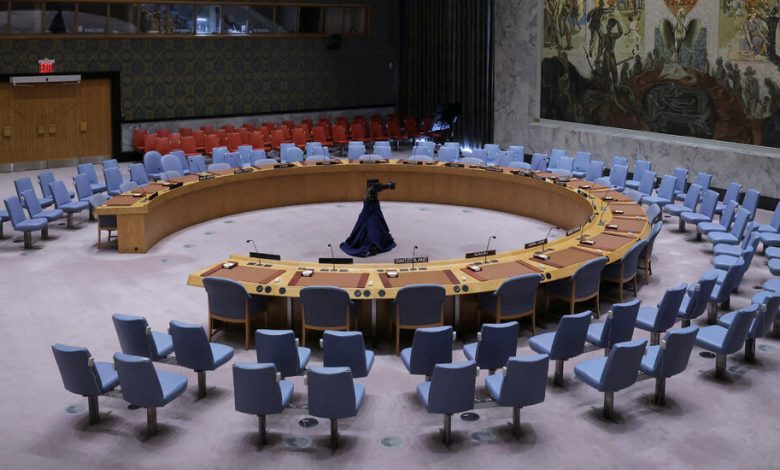U.N. Humanitarian Chief: World Leaders Are Failing Us

I have spent much of my career in or on the edges of war zones, but nothing quite prepared me for the breadth and depth of human suffering I have witnessed in my three years as the United Nations’ humanitarian chief.
The early months of my tenure were consumed with the conflict in Ethiopia’s Tigray region, and the effort to get more than a trickle of food and other aid to some five million people who had been cut off from the outside world by brutal fighting.
Then, in February 2022, came Russia’s full-scale invasion of Ukraine: the tanks rolling toward Kyiv; reports of summary executions and sexual violence in towns and villages; the brutal fighting in the east and south of the country that has forced millions of people from their homes; and the relentless attacks on apartment buildings, schools, hospitals and energy infrastructure that continue to this day. Tremors were felt around the world as food prices rose and geopolitical tensions deepened.
Just over a year later, the atrocious conflict in Sudan broke out. As two generals have battled for power, thousands have been killed, millions displaced, and ethnic-based violence has once again emerged as famine looms.
And then came Hamas’s horrendous Oct. 7 attacks on Israel and the ensuing bombardment of Gaza, which has turned the blockade-impoverished enclave into hell on earth. The Ministry of Health in Gaza says more than 37,000 people in Gaza have been killed, and almost the entire population has been forced from their homes, many of them multiple times. Getting humanitarian aid to a population on the verge of famine has been made almost impossible, while humanitarian and United Nations workers have been killed in unconscionable numbers.
Millions of others across the world are suffering no less in long-running and unresolved conflicts that no longer make the headlines — in Syria, Yemen, Myanmar, Democratic Republic of the Congo, and the Sahel, to name a few.
